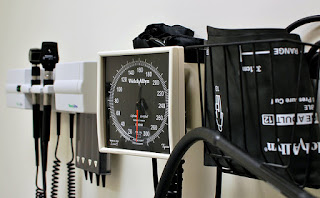I must admit that the older I get, the more often I wake up in the middle of the night. Thankfully, I usually go right back to sleep after a small excursion.
Researchers examined the autopsied brains of 315 people, average age 90, who had undergone at least one full week of sleep quality assessment before their death. Twenty-nine percent of them had suffered a stroke, and 61 percent had moderate-to-severe damage to blood vessels in the brain.




